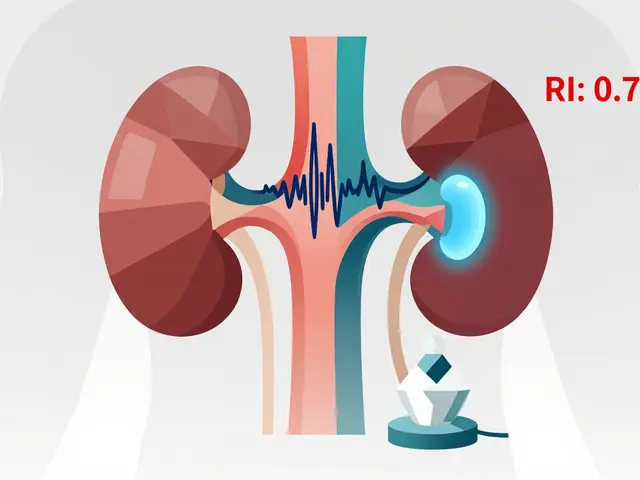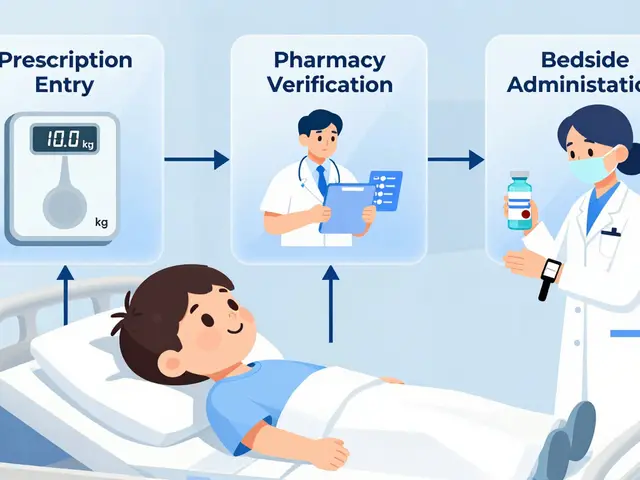Clomid alternatives: what to try when clomiphene doesn’t work
Clomid (clomiphene) helps many people ovulate, but it isn’t the only option. If you didn’t respond, had bad side effects, or worry about multiple pregnancies, you have choices. Below I explain the most common alternatives, how they work, and when doctors usually pick them.
Key medical alternatives
Letrozole (Femara). This oral drug lowers estrogen production so the brain boosts follicle-stimulating hormones. For many people with PCOS, large trials (including a 2014 NEJM study) showed letrozole produced higher live-birth rates than clomiphene. Side effects are usually mild — fatigue or joint aches — and it often causes single-follicle ovulation rather than multiple eggs.
Gonadotropin injections. If pills don’t work, injectable FSH or combined FSH/LH can directly stimulate the ovaries. These work fast and precisely, but they need close monitoring with blood tests and ultrasounds because the risk of ovarian hyperstimulation syndrome (OHSS) and multiple pregnancy is higher.
Tamoxifen. Less common than letrozole, tamoxifen is another estrogen-modulating pill sometimes used for ovulation. It can be an option when other medicines aren’t tolerated or when a clinician prefers its side-effect profile.
Metformin. For people with insulin resistance or PCOS, metformin can improve menstrual regularity and boost the response to ovulation drugs. It’s not a direct ovulation stimulant by itself for everyone, but combined with letrozole or clomiphene it can help.
Non-drug and advanced options
Laparoscopic ovarian drilling (LOD). This surgical approach can trigger ovulation in some people with PCOS who don’t respond to medications. It’s less commonly used now but still an option when you want to avoid long-term drug use.
Intrauterine insemination (IUI) and IVF. If ovulation drugs don’t lead to pregnancy, IUI with timed ovulation or full IVF may be next. IVF bypasses many ovulation issues by retrieving eggs directly and gives the best control over how many embryos you transfer.
Supplements and lifestyle changes. Weight loss, improved diet, stopping smoking, and treating sleep apnea can all improve ovulation chances. Myo-inositol shows promise for some people with PCOS to restore cycles and improve egg quality. Talk with your doctor before starting supplements.
How to choose. The right next step depends on your diagnosis (PCOS, unexplained infertility, low ovarian reserve), age, past responses, and preferences about monitoring and pregnancy risks. A fertility specialist will balance effectiveness, side effects, and cost.
Practical note: never self-prescribe fertility drugs or order them from unverified sources. Work with a clinic so you get proper dosing, monitoring, and safety checks. If you want, bring a list of your priorities — fewer injections, lower multiple-pregnancy risk, or faster results — and ask which alternative best matches them.
Clomid is a well-known medication used for inducing ovulation, but it might not be suitable for everyone. Emerging alternatives provide different mechanisms of action and benefits. Learn about alternatives like Femara, Metformin, and natural options such as Black Cohosh. This article explores pros and cons, helping individuals make informed fertility treatment choices.
Continue reading...






